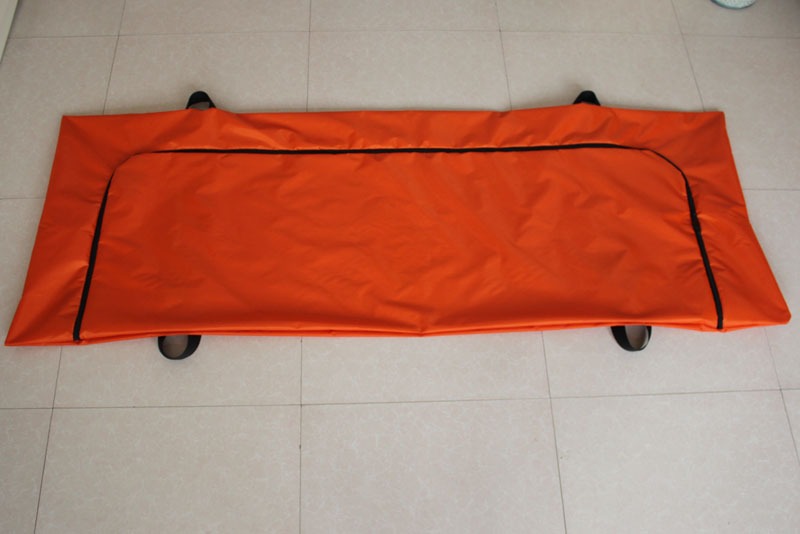Selecting the appropriate body bag is crucial for professionals in fields such as healthcare, law enforcement, and mortuary services. The right body bag not only ensures the safe transport of remains but also respects the dignity of the deceased. Here are key factors to consider when choosing a body bag that meets specific needs.

1. Understand the Purpose
Before selecting a body bag, it’s essential to understand its intended use. Different situations require different types of body bags. For example, bags used in hospitals may differ from those used at crime scenes. Assess whether the bag will be used for temporary storage, transportation, or long-term preservation.
2. Material Selection
Body bags are made from various materials, each with its own properties:
- Polyethylene: Lightweight and waterproof, suitable for temporary use.
- Vinyl: More durable and resistant to punctures, ideal for longer transport.
- Heavy-duty nylon: Offers maximum protection and is suitable for outdoor conditions.
Choosing the right material is essential for ensuring the bag can withstand the specific conditions it will encounter.
3. Size Matters
Body bags come in different sizes, and selecting the right size is critical. An improperly sized bag can compromise the integrity of the remains and hinder transport. Measure the individual’s dimensions if possible, or refer to standard size charts from suppliers to ensure a proper fit.
4. Weight Capacity
Consider the weight capacity of the body bag. Some bags are specifically designed to handle heavier remains, while others may be suited for lighter individuals. Check the manufacturer’s specifications to ensure the bag can safely support the weight it will carry.
5. Environmental Considerations
If the body bag will be used outdoors or in extreme conditions, choose one that is resistant to environmental factors such as moisture, temperature changes, and UV exposure. Heavy-duty bags designed for such conditions will help preserve the integrity of the remains.
6. Regulatory Compliance
Familiarize yourself with local regulations regarding body bags. Different jurisdictions may have specific requirements or standards that need to be met. Ensure that the selected body bag complies with these regulations to avoid legal complications.
7. Budget Constraints
While quality is paramount, budget constraints are also a reality. Compare different brands and suppliers to find a suitable body bag that meets your needs without compromising on quality. Consider bulk purchasing options if you require multiple bags, as this can often result in cost savings.
